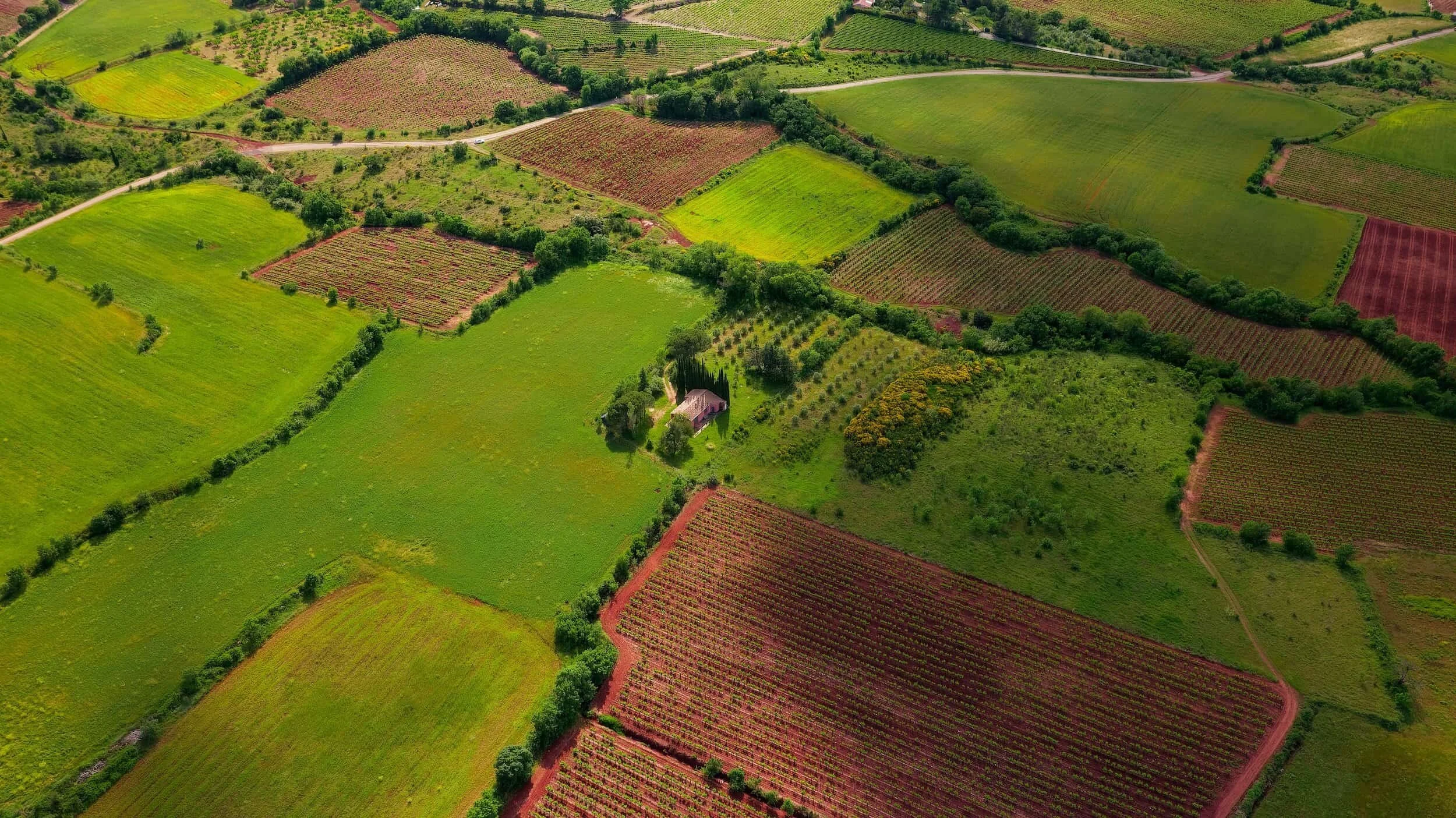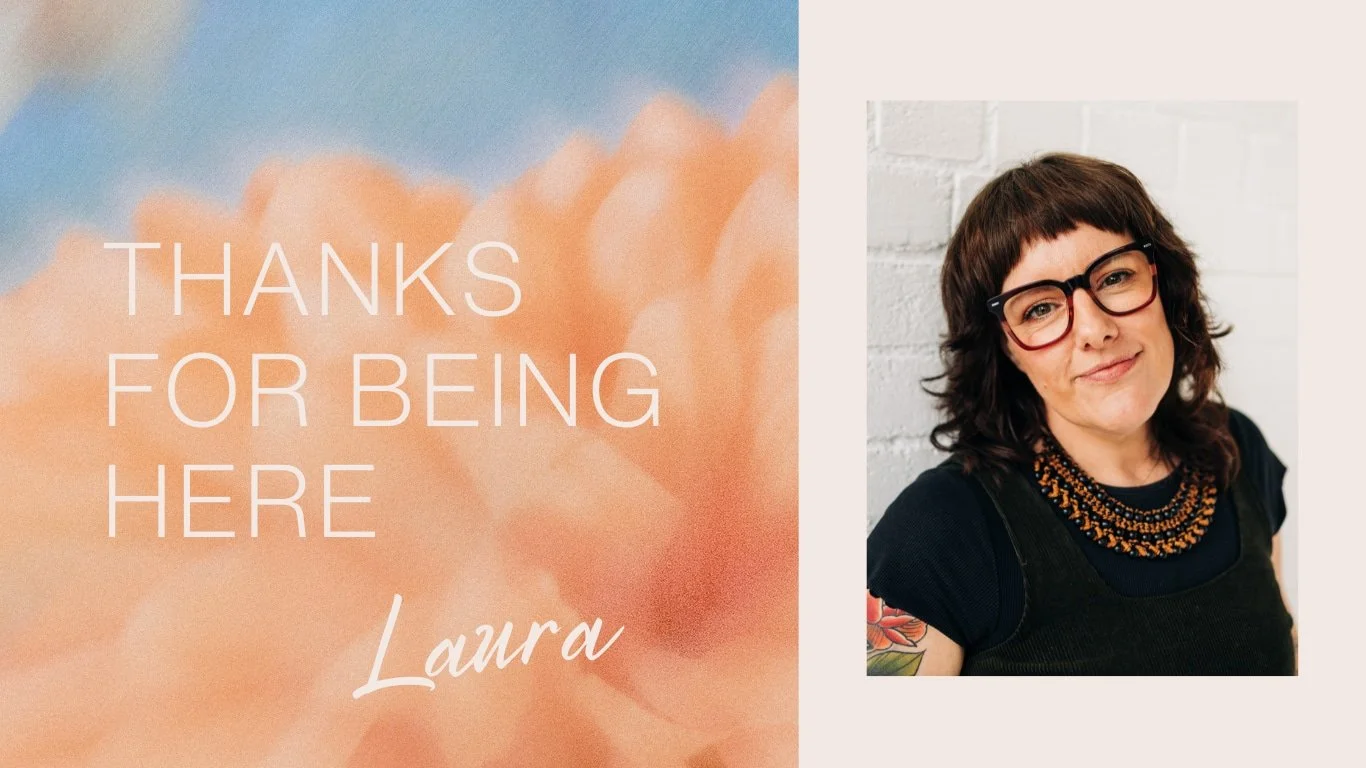Ancestor connection to bloodlines and beyond
Exploring ancestor connection beyond bloodlines
I’m writing this just after Samhain, one of the eight celebration days in the Celtic Wheel of the Year. Samhain marks the end of the harvest, the closing of the light half of the year and the threshold into the darker months. It is often seen as a liminal time and a moment when the veil between worlds is said to be at its thinnest. Samhain is a time for ancestor connection; to light candles for them, to speak their names, to offer gratitude and to invite their wisdom into our lives. For some, this connection feels immediate and rooted. But for many of us, the idea of honouring ancestry is more complex.
If you’re new here I’m Laura, a counsellor, nature therapist, somatic therapist, meditation teacher and space holder. My work is centered around gently guiding people back into relationship with themselves, with their bodies, and with the wider natural world.
For some, their ancestral lineage involves pain, trauma or estrangement. For others, this connection may feel distant, unclear or inaccessible, especially if there are gaps in your family history or if you’ve experienced adoption, displacement or disconnection from cultural roots. For anyone from diaspora background, lineage and connecting with ancestors can feel even more layered. When your ancestors come from lands other than the ones you currently live on there can be a sense of longing or fragmentation. A knowing that part of your lineage belongs to another place, another language or another worldview that you may not have full access to.
Often, when we hear the words “ancestor connection,” we think solely of bloodlines; of biological connections passed down through generations. And while this is certainly one meaningful aspect it’s not the only one. If we believe that ancestry is only about blood, we can easily shut the door on the idea altogether, especially if our bloodline stories are painful, broken or simply unknown. In this post I’m sharing some perspectives on ancestry outside of bloodline ancestry. This includes ancestors of land, tradition and lineage. Keep reading to find out more about connecting with ancestry beyond bloodlines.
If you’d like to explore ancestry through a guided, somatic practice, check out my Honouring The Ancestors Sacred Somatic Journey. This embodied ceremony opens a sacred space to honour ancestry through blood line, land, tradition and community. Through ritual, sensing, and elemental grounding, you’ll remember yourself as part of a living web of connection. You can check out my full Sacred Somatic Journeys, embodied practices exploring ritual, archetypes and nature, here.
Ancestral land: when I say that the land is my ancestor, that is a scientific statement
What do we mean when we say the land is our ancestor? Patty Krawec, an Anishinaabe and Ukrainian writer and activist: writes:
“When I say that the land is my ancestor, that is a scientific statement: I want to reflect again on this claim by Dr. Keolu Fox, a Kānaka Maoli anthropologist and genomic researcher. The land itself and the conditions of that land, like altitude and climate, impact our genome just as our human ancestors do. We are born on it, die on it; we come from it and return to it. The land and the waters, oceans and rivers, are part of us, relatives and ancestors in a very real way.”
Ancestral land meaning the land that we live and walk upon, rather than just the lands our ancestors came from. Land based ancestor connection means honouring the more-than-human beings of the place we call home. The stones, rivers, trees, and creatures who hold memory in their bones and roots. Whether or not our bloodlines originate from the land we live on, we can still form respectful, reciprocal relationships with the land’s ancestral energies, acknowledging the histories that came before us. This includes the Indigenous and colonised peoples of lands we occupy, asking ourselves how can we can approach this reciprocity with care and humility?
When I speak to UK born friends with ancestral roots from cultures and countries outside of the UK, many of them tell me that their connection to land feels complicated or completely absent. If you’re from a diaspora background, you may feel disconnected from the lands of your ancestors, and your ties to the land you live on might be layered with the impact of migration, colonisation and violence.
How to deepen your connection to the land as an ancestor:
So how can we forge a new, meaningful connection with the land we call home? Firstly, it feels important to say that violence is perpetrated by the occupiers of land not by the land itself. If we think of the land as a physical entity, it’s not just an inanimate backdrop to our lives. It influences us in profound ways, shaping not only our environment but also our very being. The land, the waters, oceans, rivers, and the ecosystems that thrive upon it all impact us and our lives and we can honour existing ancestral traditions from the land that we walk upon, or those that we create for ourselves, through ancestral rituals.
Here are some suggestions for ways you might deepen your connection to the land as an ancestor:
1. Connecting with the natural world: Take time to explore the natural surroundings of the land you live on. Go for nature walks in local parks and woodlands and really take time to connect with the land. You can do this through mindful observation by paying attention to the details of the environment. Study the plants, wildlife, and connect with the cycles of nature and changes in seasons. Being intentional about connecting with the land can help you to foster a deep appreciation for its beauty and diversity.
2. Cultivate the land: Consider starting a garden or tending to the land in a way that allows you to participate in its care and growth. Planting flowers, trees, or vegetables can create a strong connection with the earth. Working with the soil and witnessing the fruits of your labor can be a profoundly rewarding experience that strengthens your bond with the land. If you don’t have access to outside space you could volunteer with a permaculture or community gardening group.
3. Make an offering to the land: Choose a suitable location like a garden, a park, or another significant spot. Your offering could include food, flowers, water, herbs, incense, or a prayer. Before making your offering, reflect on your intentions and express gratitude for the land's sustenance and connection. Place the offering in your chosen spot while reflecting on your bond with the earth. Make sure that your offering causes no harm to the environment. Biodegradable offerings will naturally decompose, while non-biodegradable items should be collected and taken away with you. Making offerings can become a regular practice to maintain and deepen your connection with the land. Always be mindful of local customs and environmental considerations when making offerings.
Ancestors of tradition and lineage: honouring customs, practices and our teachers
Another example of non-bloodline ancestors are ancestors of tradition. This form of ancestral connection can include those who have walked a similar path as we do, inspiring us in our journey; teachers, mentors, authors that have inspired us, those who hand down traditions in our communities, change makers from the past who have fought for our rights today. A friend shared a beautiful example of this recently; they’re LGBTQIA+ and they express gratitude for the LGBTQIA+ people who came before them, as ancestors of tradition, as they have directly impacted their rights today.
Lineage and tradition based ancestor connection can include anyone who has guided us on our path and offered wisdom that continues to resonate in our lives. In this I include spiritual teachers, yoga teachers, meditation teachers, academic teachers and also peers who have offered reflections and support that have helped me to grow. Think of the writers, artists, healers, rebels and teachers whose presence has left an imprint on your life, even if you’ve never met them. These might be spiritual ancestors, creative ancestors, political ancestors or ancestors of craft and trade. In times of turmoil, ancestors of tradition offer comfort, reminding us of their enduring efforts and the significance of the fight for change.
You can honour your ancestors of tradition and lineage by honouring the teachings, wisdom or knowledge that they have shared with you. Observing the traditions of our faith, spirituality or communities through ritual links us to the whole of history and helps us to find meaning in our lives. Ancestors of tradition remind us that we are connected through all of time and history. By honouring these traditions and passing them on we become ancestors of tradition ourselves.
Our ancestors include the earth beneath our feet, the communities that shape us, and the traditions that inspire us.
Recognising ancestor connection beyond our blood lineage can support us to bring meaning and connection into our lives. The earth beneath our feet, the communities that shape us, and the traditions that inspire us all impact and change us in a multitude of ways. By honouring these lineages, we deepen our sense of belonging, our connection to self and we have an opportunity to express our gratitude for the interconnected web of existence that sustains us. We can also honour ancestral qualities; the resilience, intuition, strength, creativity, or sensitivity that flows through us, inherited from those who came before even if we don’t know their names or stories.
As we move through this post-Samhain threshold, I invite you to reflect on what ancestry means to you, not as a fixed or concept but as a living, evolving relationship.
Ask yourself:
Who has shaped me, directly or indirectly?
Whose legacy do I carry forward in my work, my values, or my way of being?
What ancestral stories live in my body, even if I don’t have the full picture?
Who or what do I feel drawn to honour this season?
There is no right or wrong way to connect with your ancestors. The path is deeply personal. Whether through ritual, prayer, journaling, quiet contemplation, or simply lighting a candle and speaking a name, you are welcome to find your own way into this space.
If you’d like to explore ancestry through a guided, somatic practice, check out my Honouring The Ancestors Sacred Somatic Journey.



